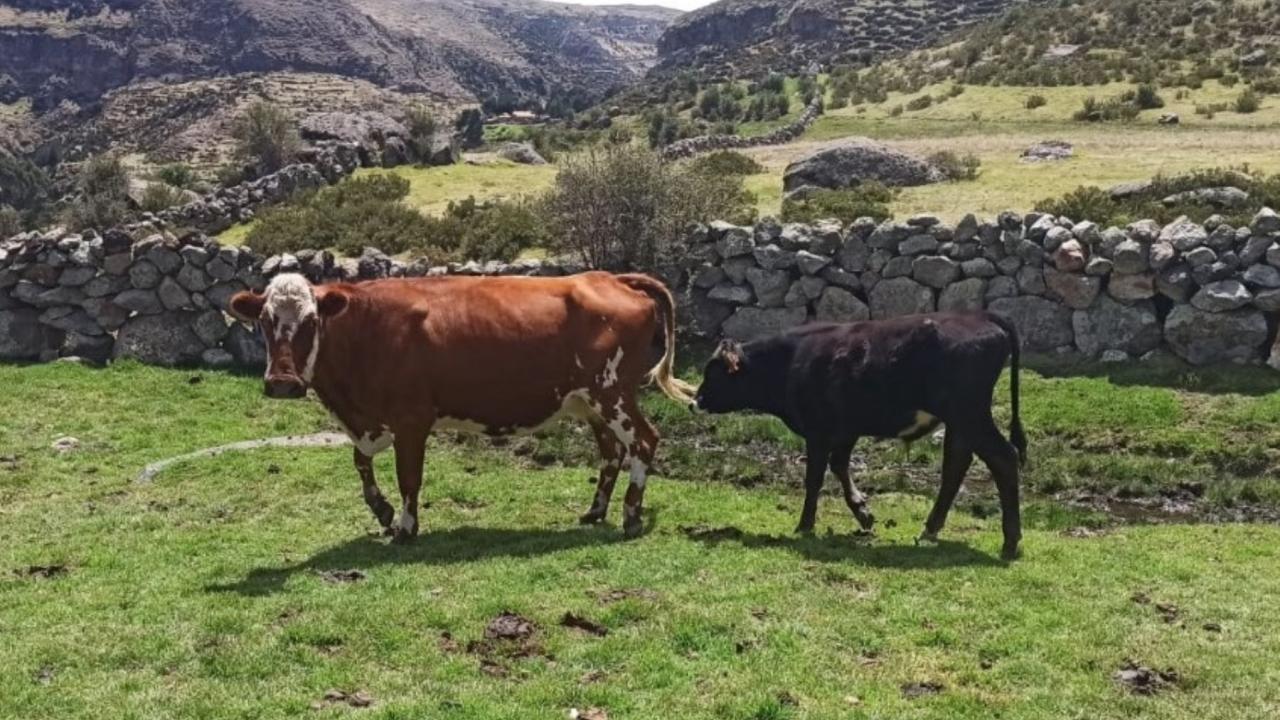
Ángel Manero, Minister of Agriculture of the Andean country, estimated that shipments could be made at the end of 2024.
Peru is very close to completing its first exports of beef and pork to China following the progress being made in the negotiation of phytosanitary protocols.
This was announced by the head of the Ministry of Agrarian Development and Irrigation (Midagri), Ángel Manero, who explained that Peru is also negotiating three other protocols for the entry of frozen fruits, pomegranates and pecans.
"We have come to China to allow Peru to later export frozen fruits (mangos, avocados, blueberries), in addition to pomegranates, pecans. We have also initiated the process to export beef and pork to the Chinese market," Manero said in dialogue with TV Perú .
The minister highlighted that these four new protocols involve the supply of small producers, mainly from the Andean region, so there would be shipments abroad from most regions of Peru if an agreement is reached with the Asian giant.
He explained that there are around 30,000 mango producers in northern Peru from Ancash to Piura, as well as 10,000 small producers of frozen avocado from the Andean region.
"In the medium term, we view beef as an Andean production, which can come from all the regions of our mountains," he said.
"At this moment we are negotiating with China access for meat because traditionally we have only exported agricultural products, vegetables and fruits. Now the access that will be allowed for our meat would imply having not only an exporting coast but also an exporting Andean region." , he added.
Asked about the possible entry into force of this measure, Manero estimated that it could occur at the end of this year.
PORT OF CHANCAY
On the other hand, the head of Midagri highlighted that the Port of Chancay will bring concrete benefits for agro-exports by reducing shipping time from 28 to 16 days, in addition to enabling trade with other Asian nations.
"It opens the door to the entire Asian market: Singapore, South Korea, India with whom a free trade agreement is being worked on, so that a stage of agro-export 2.0 is opening up for us where Asia will no longer be 28 or 30 days but 16. That is important because Peru is an exporter of fresh fruits and vegetables," he commented.
"Currently our agricultural exports are somewhat stabilized with a growth of 3% or 4%, but by opening up the Asian market we could recover the growth we had before of 10% or even 15% each year. And it is no longer just about the exports of large companies. but these new protocols already imply the supply of small producers," he pointed out.









